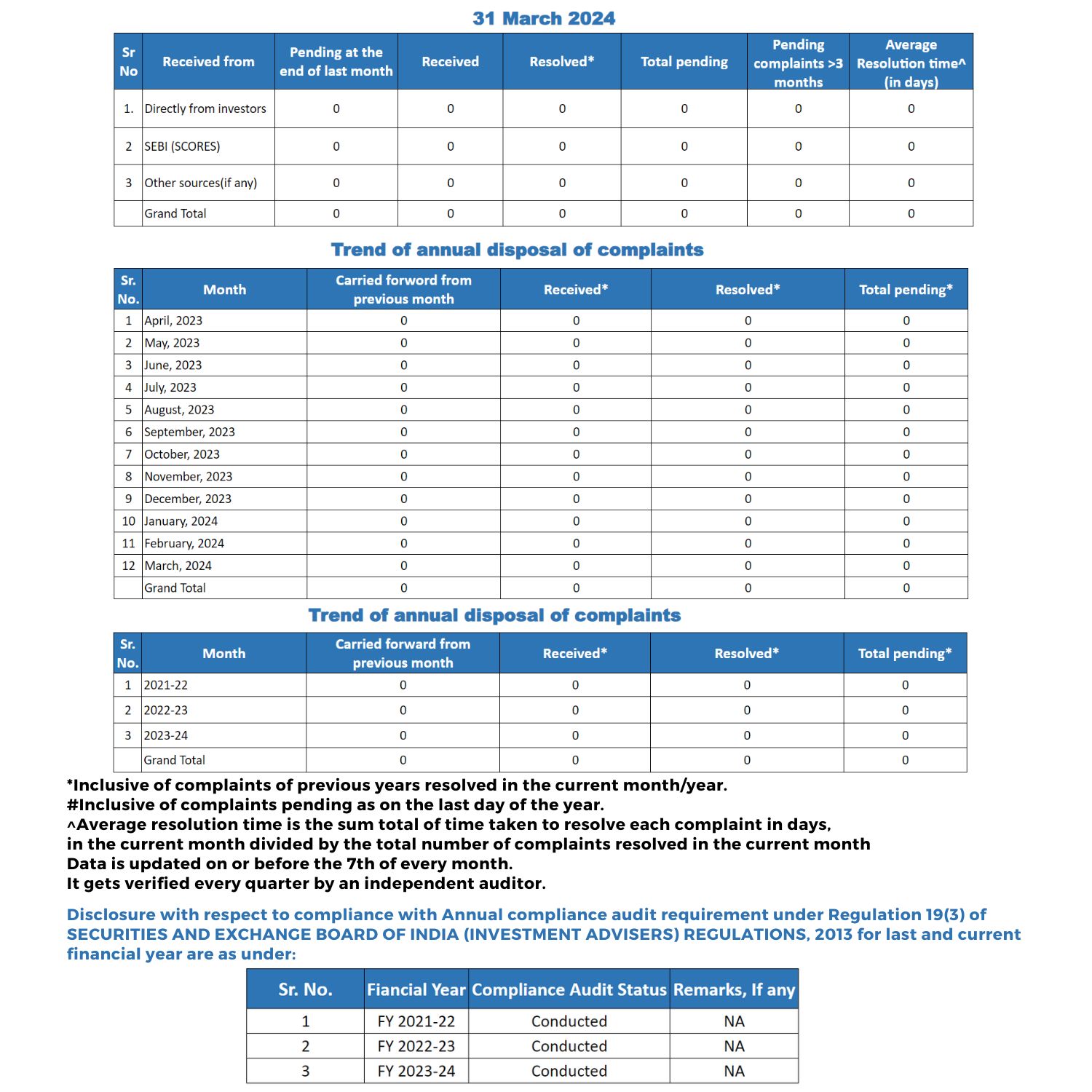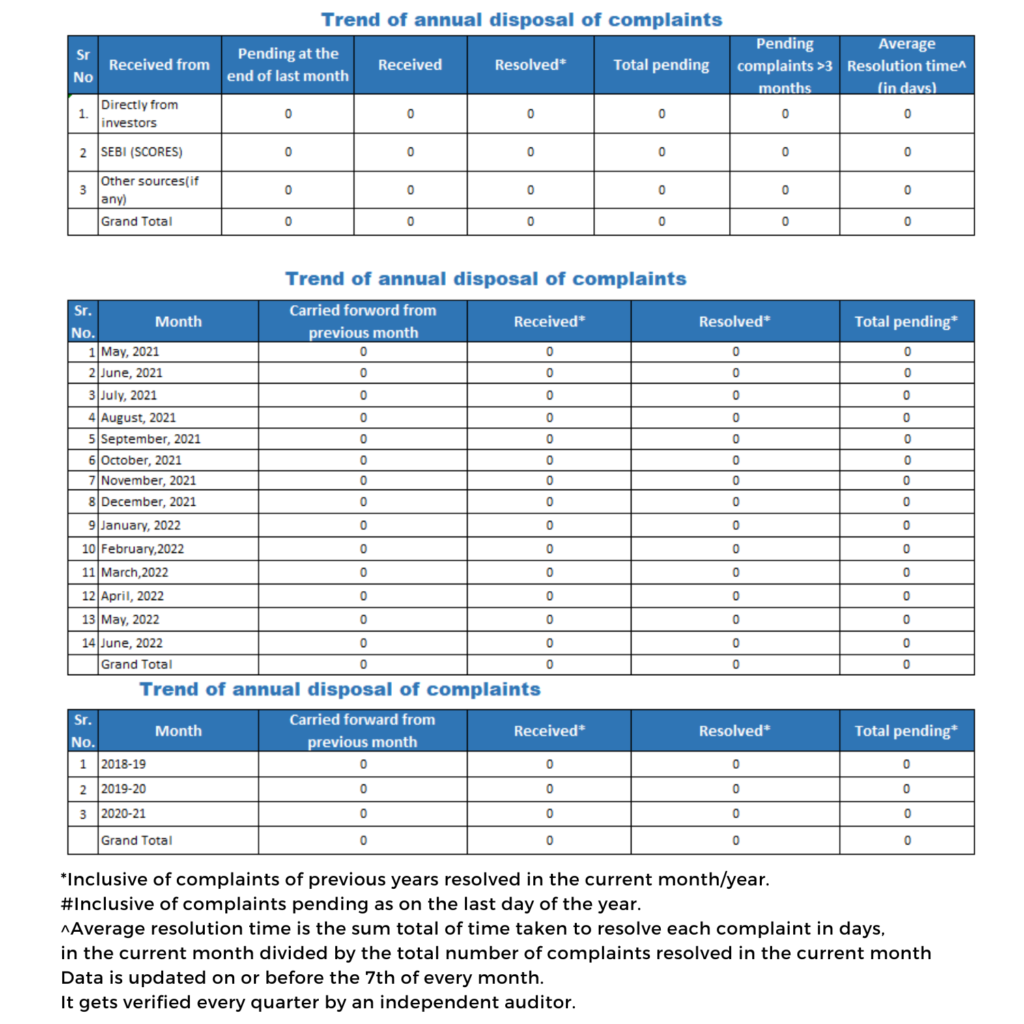This Anti-Money Laundering (AML) Policy (the Policy) has been prepared in accordance Prevention of Money Laundering Act, 2002 (PMLA Act) and takes into account the provisions of the PMLA Act and other Rules laid down by SEBI as per the Master Circular dated 15.10.2019.
Prevention of Money Laundering Act, 2002 (PMLA) forms the core of legal framework put in place by India to combat money laundering and related crimes. PMLA and the Rules notified there under came into force from 1st July, 2005. Under PMLA, all the entries registered with SEBI are required to furnish information of all the suspicious transactions whether or not made in cash to FIU-IND. Under Section 3 of PMLA, projecting of crime as untainted property is an offence of money laundering liable to be punishment under section 4 of the PMLA.
Money Laundering involves disguising financial assets so that they can be used without detection of the illegal activity that produced them. Through money laundering, the launderer transforms the monetary proceeds derived from criminal activity into funds with as apparently legal source.
Financial Intelligence Unit-India (FIU-IND) is the central national agency of India responsible for receiving, processing, analyzing and disseminating information of suspect financial transactions. FIU-IND is also responsible for coordinating and strengthening efforts of national and international intelligence, investigation and enforcement agencies in combating money laundering and related crimes.
Section 2 (1) (g) of PMLA Rules defines suspicious transaction whether or not made in cash which, to a person acting in good faith:
Some examples of suspicious transactions reported to FIU-IND are as under:
Category | Examples of Suspicious transactions |
Identity of Clients |
|
Suspicious Background |
|
Multiple Accounts |
|
Activity in Accounts |
|
Nature of Transactions |
|
Value of transactions |
|
This Policy only supplements the existing SEBI / FIU guidelines relating to Anti Money Laundering and any subsequent guidelines from the date of the Policy on Anti Money Laundering will be implemented immediately.
The KYC information to be collected in the specified format ‘KYC Details’ which contains all information required as per SEBI KYC requirements including ‘In Person Verification’ (IPV). In addition, the information about FATCA declaration also to be collected. All original PAN Cards/ Address Proof/ Aadhar Cards to be signed and self-attested copies to be taken. For NRIs, additional details and copies of Passport / PIO Card/ OCI Card and their address in overseas country along with their Tax Identification No. in that country to be collected.
Investment adviser shall not take a client on-board where Investment adviser is unable to apply appropriate customer due diligence measures i.e. it is unable to verify the identity and / or obtain documents required due to non-cooperation of the customer or non-reliability of the data / information furnished to Investment adviser.
Type | Recommended Risk Categorisation | Risk Perception |
Salaried | Low risk | Source on income is fixed and pattern of entries in the account can be correlated with known sources of income/ expenditure |
Senior citizens | Low/ Medium Risk | Source of income not known clearly. May be operated by third parties. |
Housewife | Low/ Medium Risk | Source of income not known clearly. May be operated by third parties. |
Self Employed Professionals/ Businessmen | Low risk (except professionals associated with the film industry who will be categorized as “Medium” risk). | Accounts maintained by Chartered Accountants, Architects, Doctors, Lawyers, Sportsmen, etc. |
Non-Resident Individuals | Low / Medium risk | The accounts are opened only after IPV. In case an IPV is not performed and we have relied on documentation submitted by the client, the account would be categorised as medium risk. |
Politically Exposed Persons | High Risk | Politically exposed persons are individuals who are some political party officials/ members. INVESTMENT ADVISER to check all the information available on the person in the public domain, verify the identity of the person and seek information about the sources of funds before accepting the PEP as a customer. Such accounts should be subjected to enhanced monitoring on an ongoing basis. The above norms should also be applied to the accounts of the family members and close relatives of PEPs |
Investment Adviser shall have a system of maintaining proper record of all transactions including records of all transactions prescribed under Rule 3 of the Rules, as mentioned below:
Investment Adviser shall maintain the following information in respect of transactions referred to in Rule 3:
Investment Adviser shall maintain and preserve the records of all transactions referred to above for a period of 5 years as required by PMLA & SEBI Act.
Investment Adviser shall ensure that records pertaining to the identification of the customer and his address (e.g. copies of documents like passports, identity cards, driving licenses, PAN, card, utility bills etc.) obtained while opening the account and during the course of business relationship, are properly preserved for 5 years as would be required under the PMLA and SEBI Act even after the business relationship is ended.
Investment Adviser shall report information relating to cash and suspicious transactions to the Director, Financial Intelligence Unit-India (FIU-IND) in respect of transactions referred above.
The Suspicious Transaction Report (STR) shall be furnished within 7 days of arriving at a conclusion that any transaction, whether cash or non-cash, or a series of transactions integrally connected are of suspicious nature mentioning the reasons for treating any transaction or a series of transactions as suspicious.
We, Moneydhan Investment Advisory India LLP (“Investment Advisor”), a registered investment advisor, with SEBI Registration No. INA200016193, are implementing above AML guidelines as a guiding principles for our investment advisory activities. The guidelines would be applicable to us along with our employees and associates.
………………………………………………….
For,
Moneydhan Investment Advisory India LLP
SEBI Registered Investment Advisers
Registration No. INA200016193
Date:
Moneydhan Investment Advisory India LLP
SEBI Registered Investment Advisers Registration No. INA200016193
(Type of Registration- Non-Individual, Validity of Registration- Perpetual)
Address: 7/433, Alumavunchodu, Thankalam, kothamangalam, kochi, Ernakulam, KERALA, INDIA – 686691
Contact No: 91 7666566272, Email: sujith@moneydhan.com
SEBI regional/local office address – 6th Floor, Finance Tower, Kaloor, Kochi – 682017, Kerala
Principal Officer: Mr. Seshadri K Iyengar, Contact No: 91 9886052628,
Email: seshadri@moneydhan.com, Moneydhanadvisor@gmail.com
Post expense ratio and churning, Mutual Fund cannot achieve your financial goal.
60% of entire Mutual Fund Industry money is invested in just top 9 Nifty stocks. 10% goes to HDFC twins.
MF Direct Plan against expensive regular way
We are Zero Fixed fee. Buying Direct equity is close to zero cost nowadays. You can mimic MF via equity, for free.
50 Lakhs to Portfolio Management Service (PMS)
No minimum Balance with us. We can mimic the best PMS in market.
Giving Power of Attorney (POA) to anyone
Execute Yourself. We just provide you with advise and guidelines. No POA involved.
Every person is different. Let us not dis-respect your hard earned money with senseless automation.
We personalise our service for you.
We guide you via email. You can get the investment executed form your broker.
We do not touch your capital.


Moneydhan Investment Advisory India LLP
SEBI Registered Investment Advisers Registration No. INA200016193 (Type of Registration- Non-Individual, Validity of Registration- Perpetual)
7/433, Alumavunchodu, Thankalam, kothamangalam, kochi, Ernakulam, KERALA, INDIA – 686691
Contact No: 91 8480005564,
Email: sujith@moneydhan.com
Principal Officer: Mr. Hardeep Shantaram Korde, Contact No: 91 8480005564, Email: moneydhanadvisor@gmail.com
Warning: Investments in the securities market are subjected to market risks. Read all the related documents carefully before investing.
Disclaimer: Registration granted by SEBI, membership of BASL (in case of IAs) and certification from NISM in no way guarantee performance of the intermediary or provide any assurance of returns to investors. The securities quoted are for illustration only and are not recommendatory.

